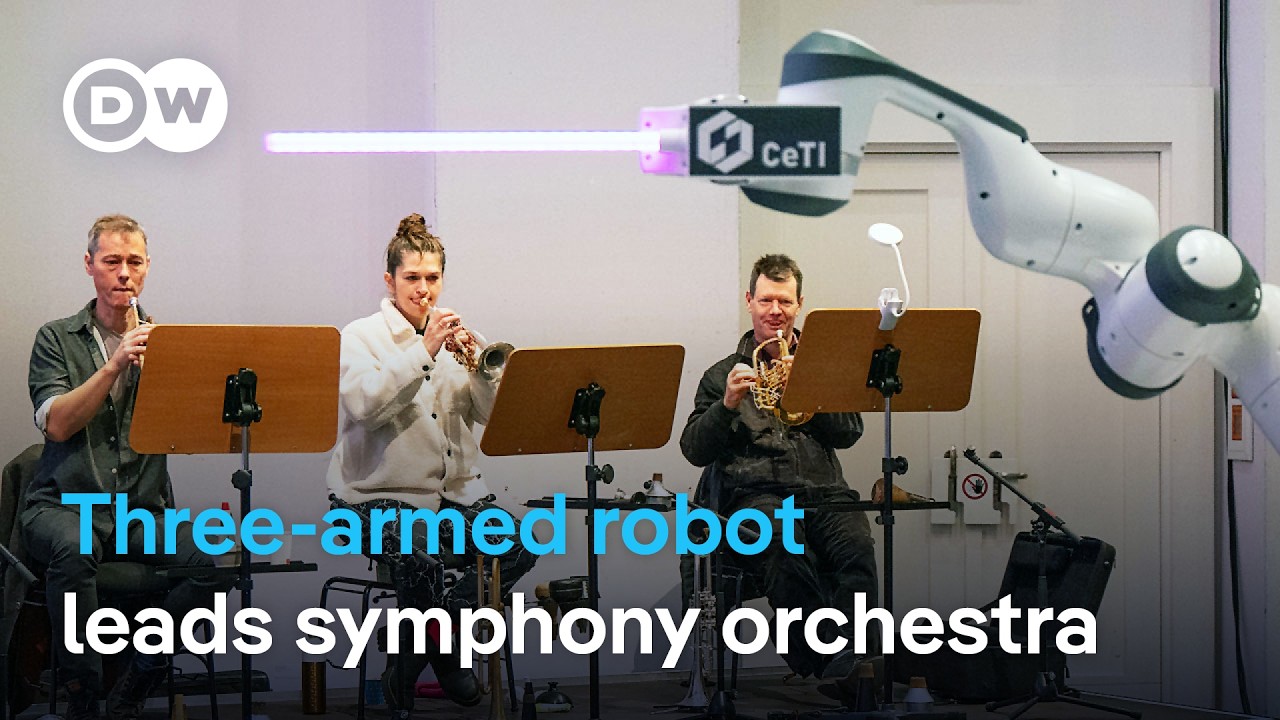The Dresden Symphony Orchestra’s 25th anniversary features a unique collaboration between a three-armed robot and human conductor Magnus Lard, exploring the role of AI in classical music. While some musicians are excited about the innovation, others express concerns about the implications of AI in the arts, highlighting the importance of human creativity and expression in music-making.
The Dresden Symphony Orchestra is celebrating its 25th anniversary with a daring experiment that features a three-armed robot conducting alongside a human conductor, Magnus Lard. This unique collaboration aims to explore the potential of artificial intelligence in classical music, showcasing the robot’s ability to conduct multiple tempos simultaneously—something that is impossible for a human conductor to achieve alone. The event highlights the rapid expansion of AI technology and its increasing integration into everyday life.
Musicians participating in the concert have expressed mixed feelings about the experiment. While some find it exciting and innovative, others feel apprehensive about the implications of having a robot on stage. The robot, although capable of conducting, still requires human assistance to direct its arms, indicating that current AI technology is not yet fully autonomous in this context. This partnership raises questions about the future role of AI in music and the arts.
Professor Frank Fitek from the Center for Tactical Internet has voiced skepticism regarding the reliance on AI, emphasizing that it consumes significant energy and may not be the solution to every problem. He suggests that while working with robots can be thrilling, it also presents challenges for musicians, particularly in terms of interpreting cues and dynamics. The limitations of the robot’s range of motion compared to a human conductor complicate the musicians’ ability to convey the emotional depth of the music.
Despite these challenges, conductor Magnus Lard remains optimistic about the collaboration between humans and machines. He believes that engaging with technological advancements is essential for musicians to stay relevant and explore new possibilities in music-making. Lard emphasizes the importance of human creativity and expression in music, suggesting that as long as musicians are involved, the fear of being replaced by robots is unfounded.
The concert, which will be live-streamed on DW News’ classical music YouTube channel, serves as a testament to the potential for innovative collaborations between humans and robots in the arts. While the relationship may not always be harmonious, the experiment demonstrates that such partnerships can lead to exciting new experiences in music. The event invites audiences to witness this groundbreaking performance and consider the future of AI in the creative world.
